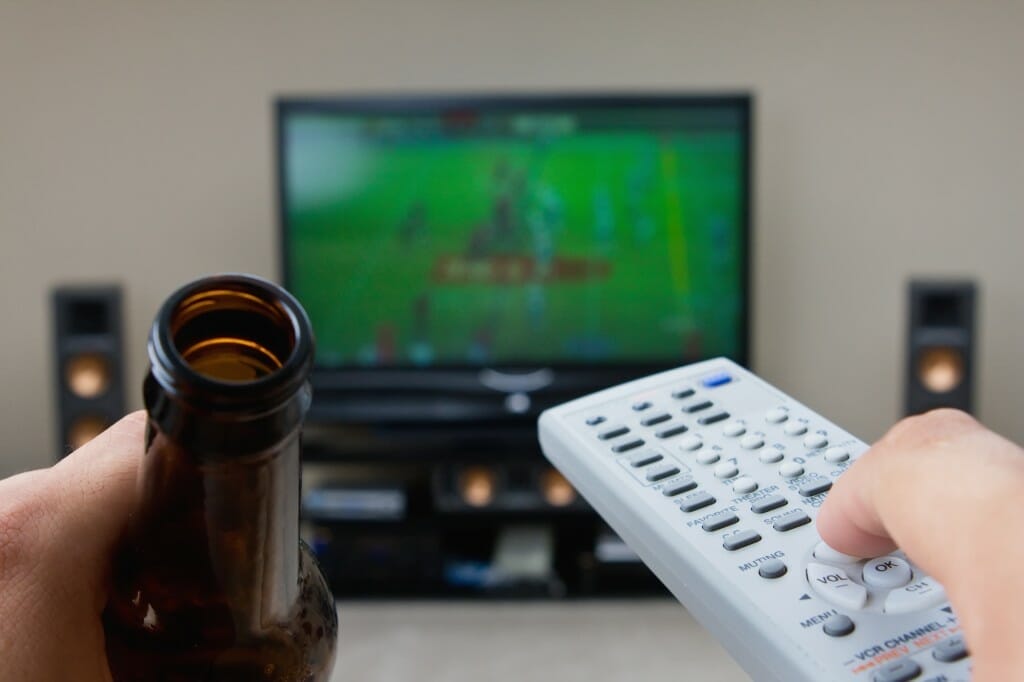Estimated Reading Time: 1 minute, 39s.

According to researcher Mihaly Csikszentmihalyi (CHEEK-sent-me-hi-ee, for those of you playing along at home), noon on Sunday is the “unhappiest hour in America”, and it’s not because you’re hungover or have work the next day.1 According to his research, people are the unhappiest then because they are the least productive.

Mihaly Csikszentmihalyi, author of Flow. I’m not sure what’s more impressive – his last name, or his beard.
According to Winifred Gallagher, the author of RAPT, a book about managing your attention, the “antidote to leisure-time [boredom and unhappiness] is to pay as much attention to scheduling a productive evening or weekend as you do to your workday”.
Gallagher says that although people say that they enjoy being at home more than they do being at work, on the job they are “much likelier to focus on activities that demand their attention, challenge their abilities, have a clear objective, and elicit timely feedback”, all conditions that “favor an optimal experience”. Mr. C’s research has also found that at work, people feel “more creative, active, concentrated, and involved than they do in domestic life”.
Scheduling your free time like you schedule your work time may seem backward on paper. After all, spontaneity is freedom – why plan out your free time as regimentally as you do work? Free time isn’t work!
While Winifred and Mihaly agree that free time is free time, they both agree that your become much more focused and motivated in your free time when you structure it somewhat. According to Mihaly, “if left to their own devices and genetic programming”, most people just do stuff like “worry about things or watch television”. According to Mr C, it’s times like these that people become unfocused, unmotivated, and unhappy, and begin to “ruminate and feel like their time is being wasted”.
Being happy, creative, active, and focused are characteristics nearly everyone wants to have. The next time Sunday afternoon rolls around, a better-structured day, even if it’s loosely structured, may be just the ticket to help you stay focused, disciplined, and happy.




